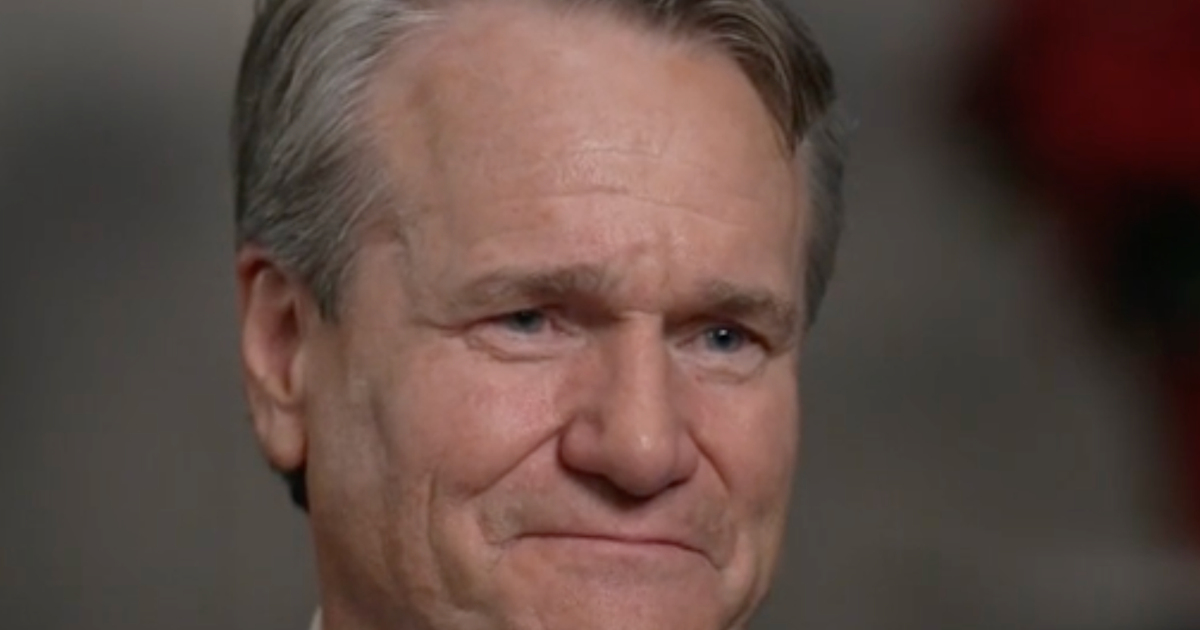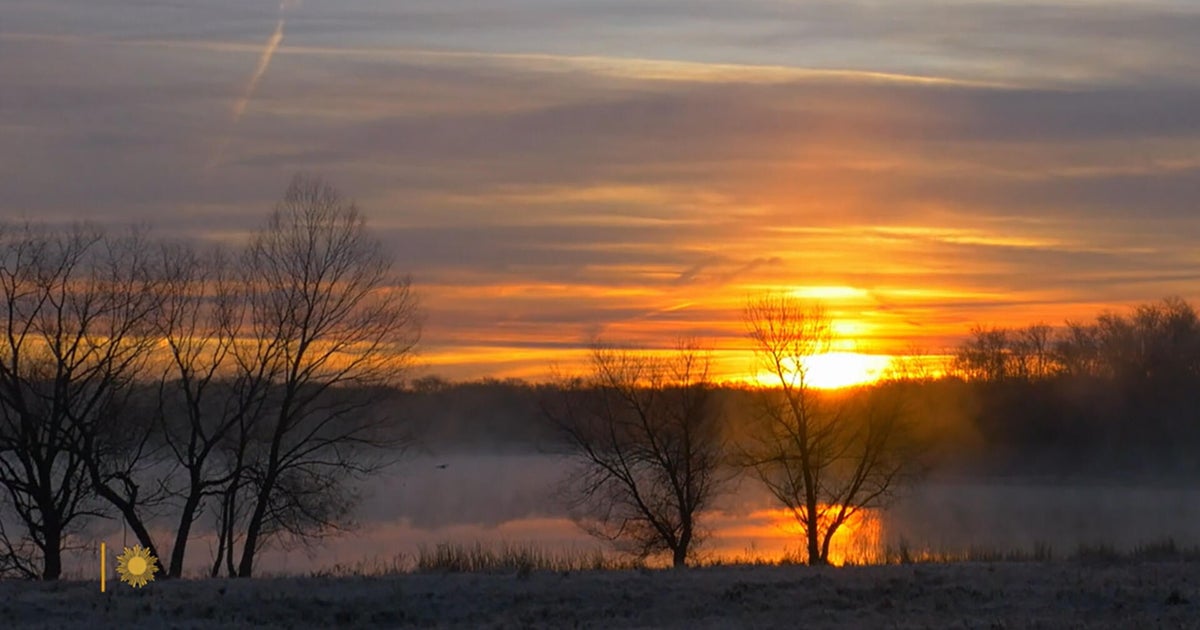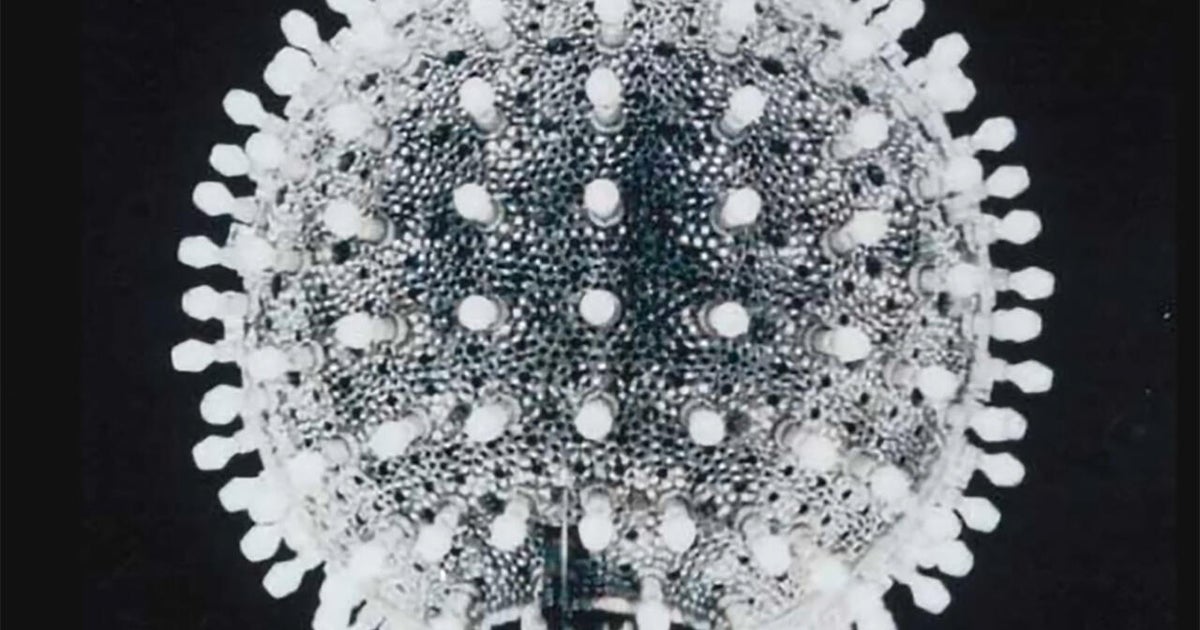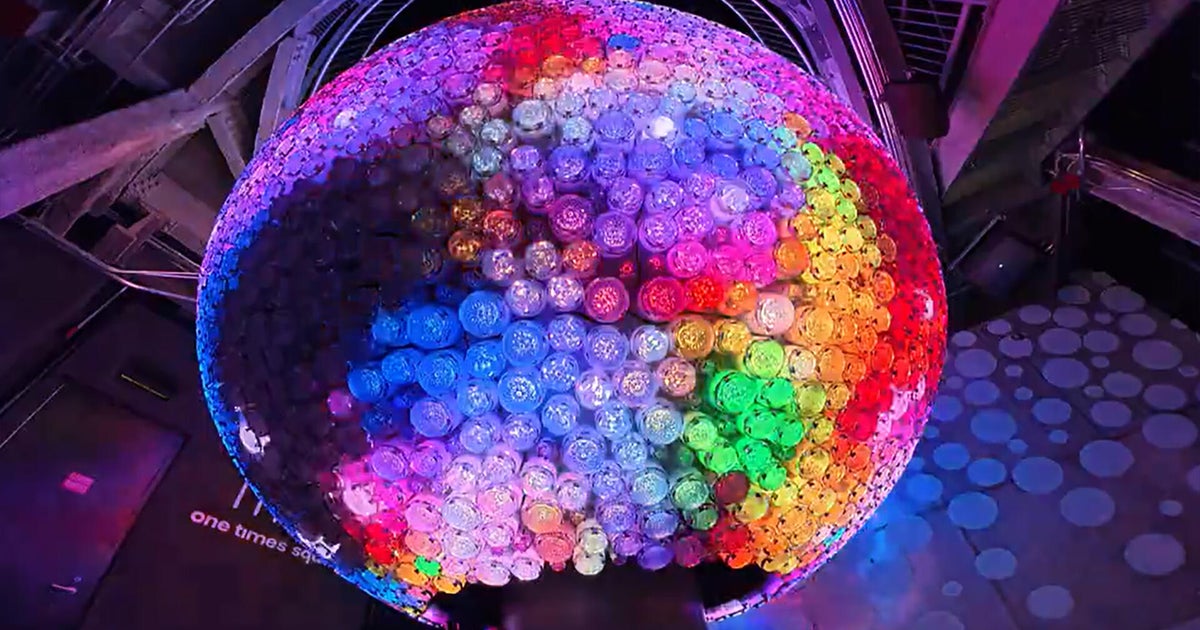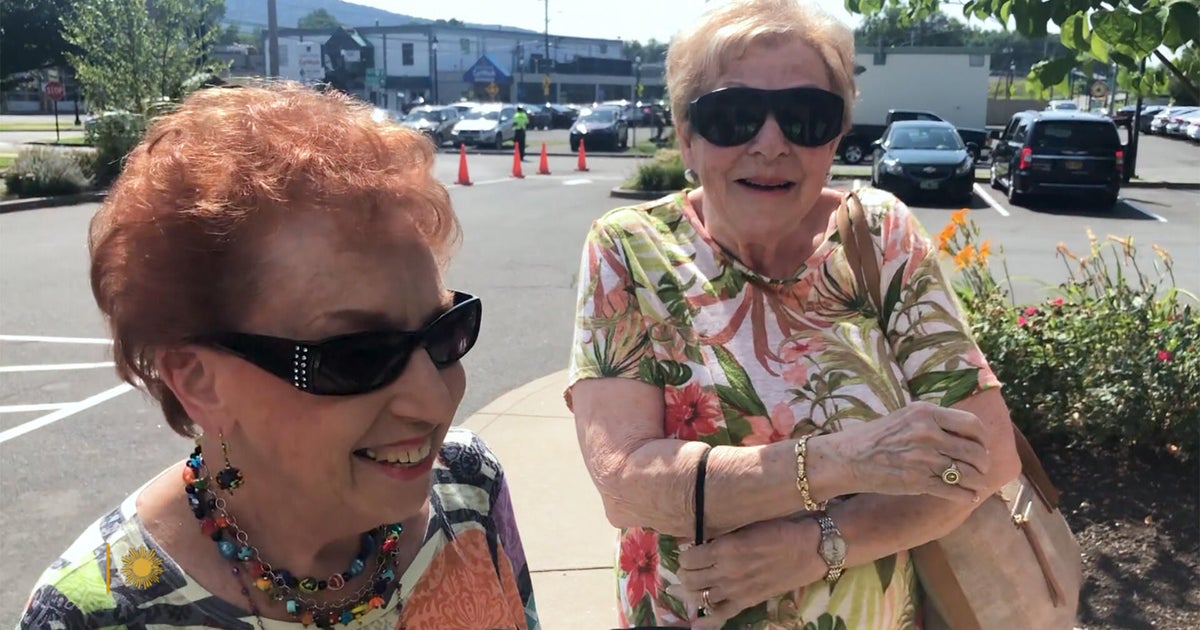The idea of a dark underbelly lurking beneath seemingly orderly enclaves, especially middle- and upper-class ones, isn’t anything new on television. It’s reliably provided inviting territory for talents as diverse as David Lynch (Twin Peaks), Liane Moriarty (Big Little Lies), Marc Cherry (Desperate Housewives) and Dan Fogelman (Paradise).
But a trio of recent series illustrate just how enduring our fascination is with the detonation of suburban mayhem – and these stories, featuring distinct if sometimes overlapping concerns, come from all over the world.
Loading
Set in Australia, The Family Next Door (ABC iview) spotlights marital stresses that have arisen for various reasons: financial pressures, mental health issues, infidelity. The show’s opener boasts a combined audience (both broadcast and streaming) of 1.4 million – and has been celebrated by the ABC as the fastest-growing local drama premiere ever on iview. Set in Denmark, Secrets We Keep (Netflix) probes the breakdown of moral order evident in the failing relationships of two married couples which are brought to the surface by their treatment of migrant nannies, and the consequences for their children. Set in Scotland, Fear (BritBox) deals with a family in crisis, its traumas exploding into the open when three damaged men cross paths.
On all of these well-tended streets, nothing initially appears to be amiss. The upmarket settings for all three series suggest an order belied by the conflicts that unfold inside them. At least until the storm erupts in the final episode, the sun shines constantly in The Family Next Door, which has been adapted by Sarah Scheller (Strife) from Sally Hepworth’s book. Likewise, everything looks to be in its brochure-like place in and around the luxurious homes in Secrets We Keep, created and written by Ingeborg Topsøe. And Fear, adapted by Mick Ford from a book by German writer Dirk Kurbjuweit, is largely located in a vast, multi-levelled mansion in Glasgow’s affluent Park District to which its upwardly mobile owners have brought their hopes for a rosy future.

In The Family Next Door, Teresa Palmer plays Isabelle, a newcomer whose arrival throws the lives of the residents of a beachside cul-de-sac into chaos.Credit: ABC TV
Watching wealthy, entitled people suffer, whether they’re dealing with strife in Downton Abbey, Succession or The White Lotus, is a prospect that appears to hold perennial appeal. Although it does seem emblematic of this stage of the streaming era that today these series must also feature a mandatory crime thread.
These days, it seems that domestic dramas minus a missing person or a murder victim, such as Fogelman’s excellent This is Us or, further back, series like Edward Zwick and Marshall Herskowitz’s memorable thirtysomething (1987-91) and Once and Again (1999-2002), are not viewed as viable. The streamers want what they regard as juicy hooks to grab viewers’ attention, with Bump and Breeders among the rare and notable exceptions to the trend.
Loading
The action in Family Next Door kicks off when newcomer Isabelle (Teresa Palmer) rents a house in a coastal cul-de-sac in the fictional Osprey Bay – played largely by Victoria’s photogenic Anglesea – and, posing as a journalist, deceives the residents about her reasons for being there. What viewers learn early on, is that she’s a child protection officer investigating something that she suspects is amiss in Pleasant Court.
In the visually striking and impressively uncompromising Secrets We Keep, Cecilie (Marie Bach Hansen) becomes increasingly alarmed after Filipina au pair Ruby Tan (Donna Levkovski) disappears from the home where she works and the young woman’s plight is treated with indifference by other residents of the affluent, upper-class area in Copenhagen.
The three-part Fear stars Martin Compston (Line of Duty) as architect Martyn Berwick, an operator with ambitions and a short fuse. He, wife Rebecca (Anjli Mohindra) and their two young children are entering what they anticipate will be an exciting new chapter in their lives. But, from the outset, their new home feels creepily claustrophobic despite its grand scale, an impression exacerbated by the tenant in the basement flat, Jan (Solly McLeod), who’s welcoming but unsettling. Relations quickly degenerate from discomfort to open hostility.
What the series also have in common are protagonists who don’t readily encourage empathy. In the six-part Family Next Door, Isabelle is portrayed as edgy and duplicitous, a woman who literally has to immerse herself in an ice-bath to calm her roiling emotions. The true nature of her agenda remains unclear until the penultimate episode, but she’s a classic enigmatic stranger who arrives in town – in this case a court housing four friendly families – and shatters the veneer of equilibrium. The sweetness that Palmer can bring to her roles is here toughened by a potent ferocity.
Isabelle’s brittle quality is something that she shares with Fear’s Martyn, as both present as deeply troubled. “When Martyn feels pressure, he gets spiky and defensive,” Rebecca explains to her friend as his reactive eruptions escalate. In both series, doubt is deliberately created about the protagonist’s motives, choices and behaviour.

Martin Compston stars in new drama Fear.Credit: Britbox
By contrast, Cecilie is essentially well-meaning, although she’s cast as a product of privilege, a woman blithely unaware of the advantages provided by her social circumstances. Effortlessly elegant and living in luxury, she relies on the family’s au pair, Angel (Excel Busano), to keep her home running smoothly. She might have more compassion than her lawyer husband, Mike (Simon Sears), or their awful neighbours, the Hoffmanns (Danica Curcic and Lars Ranthe). But she’s protected by her position in society and her obliviousness is her fatal flaw. Through the gorgeous-looking yet eerily unnerving six-part series, Topsøe is keen to illustrate that something is definitely rotten in the current state of Denmark.
Families are universal, as are the tensions and conflicts within them, so well-crafted domestic dramas are always likely to resonate. This current crop deals with just how easily a community’s foundations can be rocked and its surface composure can crack. In each of them, any sense of order is seen to be fragile. And, to their credit, they all avoid cheap, comforting conclusions.
Find out the next TV, streaming series and movies to add to your must-sees. Get The Watchlist delivered every Thursday.

